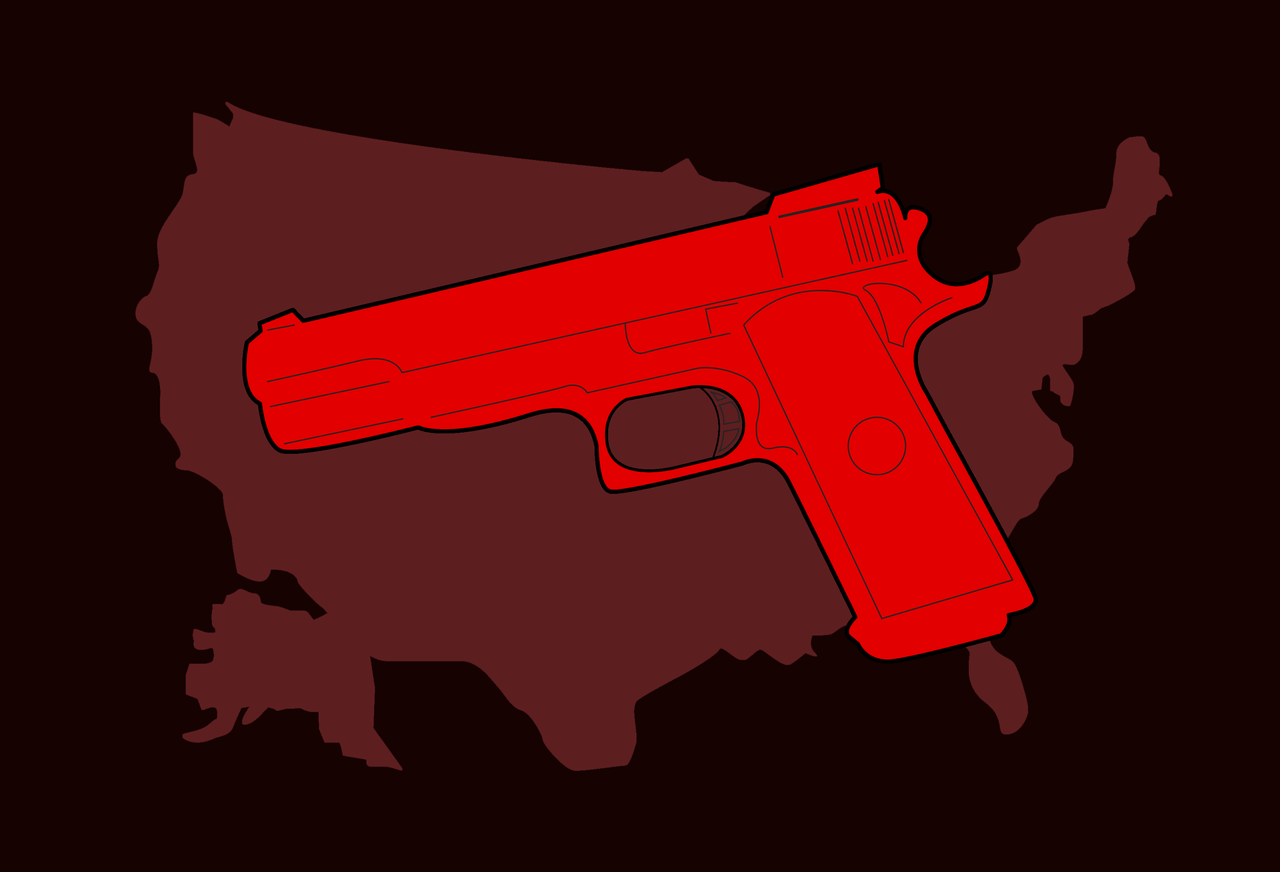We must never forget the victims of shootings in the United States
I am a student, a millennial, a daughter and a lot more. The reason I’m writing this is because I can’t sleep, I can’t go to school, I can’t walk around or go out with my friends without being scared. I lay awake thinking of the headlines, the numbers, the names and the families.
I’m not one of them. I didn’t lose a friend or family member to gun violence, but I am still so bothered. The recent shootings in the United States have pushed me beyond my limit. So here’s my question: What’s it going to take? How many more students, millennials, children, parents, friends and family members have to lose their lives? Have you watched the news coverage? If yes, then you’ve seen their yearbook pictures. That’s all we get—a yearbook photo and a name, and then they’re gone.
I walk into class thinking of the quickest exits in case of an emergency. I can’t go to a club without the thought that I won’t hear screams or gunfire over the music. Maybe you think I’m overreacting. Maybe you think this isn’t my business because I’m not an American citizen; but I am a citizen of the world. I have a voice and I’m so, so tired. Tired of seeing innocent people hurt, tired of seeing people who just wanted to go out with friends never come home and tired of being afraid. I go to bars and restaurants, to school and concerts, and so do you. It could be me and I refuse to be apathetic just because it didn’t happen to someone I know.
I want to know when it will be enough to tip the scales. I want to know why they didn’t tip a long time ago. After the Sandy Hook Elementary School shooting, I had so much hope for change. I believed that, if anything was going to spark change, it would be that horrific event. I was wrong. In the last year, in school after school, at clubs and churches and concerts, people have been killed. After the Parkland shooting, students from Marjory Stoneman Douglas High School started an amazing revolution, but it’s barely reported in the news anymore. The Borderline Bar and Grill was hosting a college night which allowed 18+ clients for one night, when the gunman walked in and ended 12 lives, just a few weeks ago. Yet the media has already moved on because a more recent shooting happened somewhere else. The violence has been everywhere and it seems constant. I am asking anyone reading this: Aren’t you tired?
I want to act, I want to change, I want to yell and shout and make something happen—then I remember I can’t. I’m not loud enough, strong enough or important enough to create that change because I am one person. I am alone. So I’m writing this to express what I feel because I don’t know what else to do. We watch the news, we see their faces, and then we see them replaced by the next faces, moved aside and too quickly forgotten. Shock dies down, but they died first. How is it possible that we talked about the death of Harambe in my class for five weeks, when the lives lost in mass shootings are practically forgotten the next day? The world moves on so quickly, but the victims couldn’t, so why should we?
The news shows us the facts, the families, the sadness and then moves on to the next story. I’m not asking for them to change. I’m asking for all of us to take on a small piece of responsibility. To not forget their names or their faces. I feel heavy with the weight of the victims. It feels like everyone else is moving forward and forgetting too fast, and I am carrying them.
Let’s not forget them. Let’s carry them together. We are from the same generation as so many of the victims, and we are the ones who will make a change. Let’s start now. Research, speak up, make change, but most of all, remember their names.
Graphic by @spooky_soda
